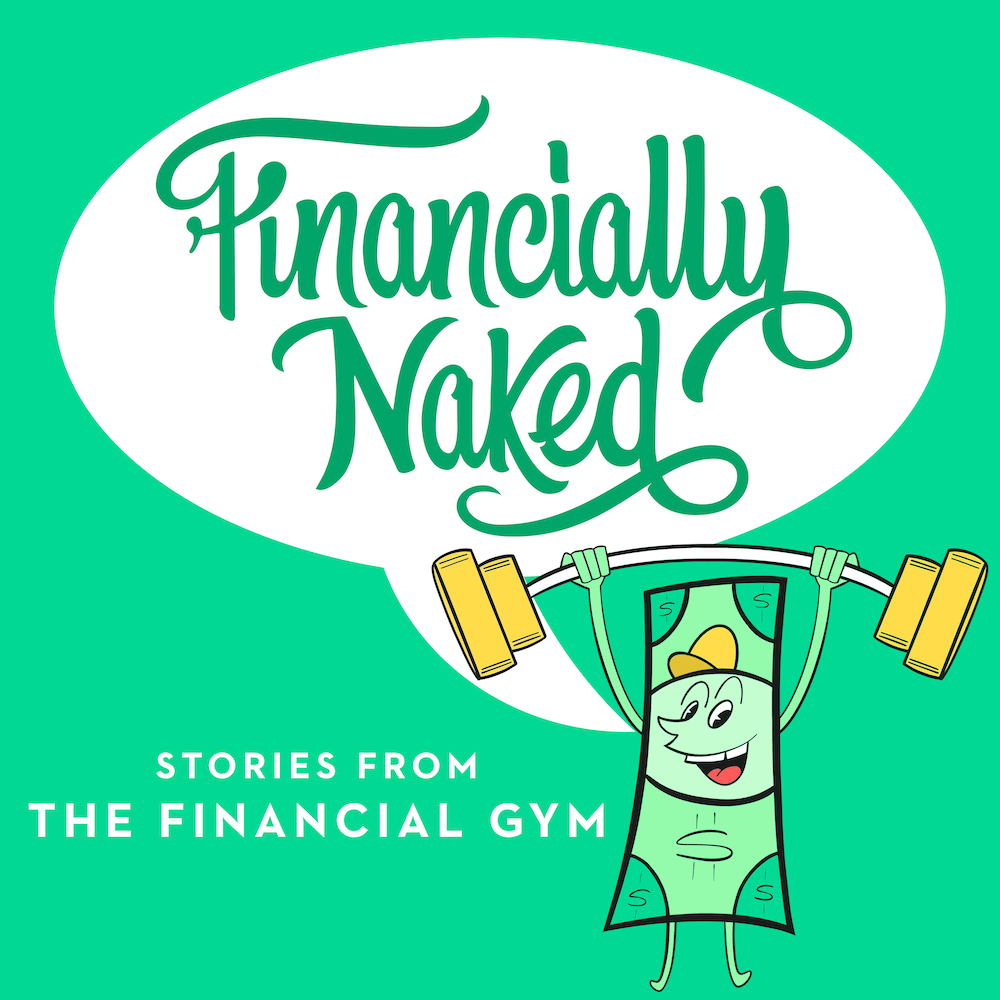Home-Buying Education with Kristin Messerli from Ardley
On this episode of Financially Naked: Stories from The Financial Gym, our host is Terri, Level 2 Trainer. She is joined by Kristin Messerli, founder of Cultural Outreach and Ardley, to talk home-buying education.
Podcast Notes
Kristin started Cultural Outreach about six years ago. Her primary goal was to bridge the gap between financial services, primarily mortgages and home buying. People in her generation and the underserved markets she was serving at that time didn’t have access to that information.
Kristin has been offering financial education for lenders and banks and recently launched the company Ardley, which is a mortgage platform that provides more transparency.
Prior to starting her company, Kristin was a social worker. She did a lot of financial education and housing coordination. There is a huge wealth disparity and gap in home buying.
The home buying process is like a hall of mirrors — it is fine if you know where you are going. If not, it is confusing and disorienting.
Homeownership is a huge stepping stone in creating generational wealth. Kristin wants people to feel empowered through this process rather than an alien entering a new world. There is a big learning curve.
Even if you know the financial terms, it is still really stressful, because it is the biggest financial decision of your life. It is easy to lose track when you are under stress.
Over 92% of millennials said banks could not be trusted and over 50% didn’t have anyone to turn to for financial advice. Millennials entered adulthood around the time of the financial crisis. There is a lot of distrust. They want information and they want to be able to understand it in a way that is digestible.
Recently, Kristin has been working with consumers to provide information to help them feel safe during this process. It is crucial that they feel the provider has their best interest in mind.
One of the biggest myths is that you need to have 20% for a down payment. There is something called Private Mortgage Insurance (PMI) that allows you to put as little as 3% or 5% down. This allows you to have extra reserves.
There is a lot of fear and misinformation around whether the financial crisis can happen again. However, there are a lot of laws that protect consumers. You can’t get into a loan where the interest jumps as high as it did during the crisis.
There are adjustable rate mortgages, but they can’t jump that much, and there is a period of a few years before the interest can increase.
Many Financial Gym clients have ‘buying a home’ in their three to five year goals. Outside of general education and fear, barriers to buying a home include saving for a down payment, having a good credit score (at least 620, but higher is better), and the knowledge that you can buy a house even if you have student loan debt.
One in three home buyers today are millennials. Many have been focusing on their careers and didn’t want to settle in right away. Now they want to feel a little more grounded and are looking at longer-term, stable housing. Millennials are not children anymore.
Kristin has been doing a lot of education on how COVID-19 is a different kind of crisis and when and how to think about buying a home. Job security is really important.
People are now withdrawing into their homes and coworking spaces are not as popular, but many people are now open to getting bigger homes and getting a roommate.
Now that we have less connection with extended family, people are looking for community, where they see the same people on a regular basis. That is an important aspect to buying a home.
Think about affordability, by looking at what you would want to pay monthly and go from there. Account for your down payment and closing costs. If you go through a lender, ask about the specific fees you will be charged and push back, because there is some wiggle room around origination fees. Ask if there is a prepayment penalty.
Think about the neighborhood, how you are going to live in the house, and if it makes sense.
Resources Mentioned
Instagram: @meetardley
LinkedIn: Kristin Messerli
Website: www.meetardley.com
Website: www.culturaloutreach.com

